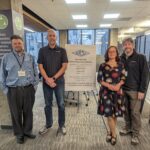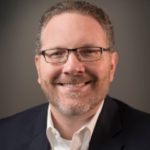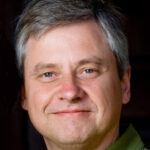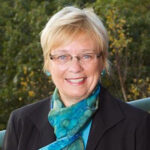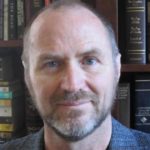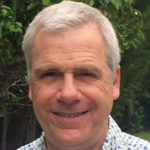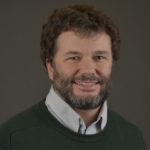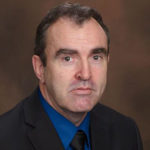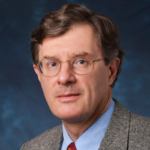Call for papers: IEEE ICC 2024 Workshop WS-10: Catalyzing Spectrum Sharing via Active/Passive Coexistence
Paper submissions for the IEEE ICC 2024 Workshop WS-10: Catalyzing Spectrum Sharing via Active/Passive Coexistence are due January 20, 2024.
From the Call for Papers:
Topics of Interest
1. Spectrum Sensing and Spectrum Decision Techniques for passive-active sharing
2. Digital Twins for passive-active Spectrum Sharing and Management
3. Spectrum Resource Allocation and Sharing Models for passive-active Coexisting Networks,
Including Between Satellite and Terrestrial Networks.
4. Experimental zones and testbeds
5. Coexistence Mechanisms for Satellite Transmissions and Radio Astronomy Observatories
6. Coexistence Mechanisms and Strategies for Active and Passive Systems
7. Interference Management and Mitigation for Radio Astronomy and Remote Sensing
8. Interference Avoidance and Coordination Strategies in Satellite and Terrestrial Networks
9. Spectrum, Propagation, and Interference Measurements and Modeling for Shared Spectrum
10. Cooperative and Collaborative Spectrum Sharing Techniques
This workshop will be hosted on June 9, 2024, and is organized by:
- General Chair: Mariya Zheleva, University of Albany, USA (and SpectrumX research partner)
- Co-Chair: Christopher G. DePree, NRAO, USA
- TPC Chair: Christopher R. Anderson, NTIA, USA
Read the full document here:
ICC_2024_Workshop_on_Spectrum_Coexistence_CFP